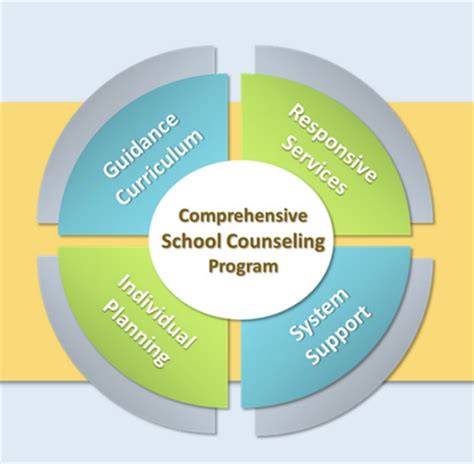Introduction
Are you ready to become an extraordinary student?

Succeeding in academics is not just about cramming for exams or getting good grades. It’s about developing a mindset and habits that will empower you to not only excel in your studies, but also thrive in your personal and professional life.
In this comprehensive guide, we will delve into the secrets of becoming the best student you can be. From mastering effective study techniques to cultivating a growth mindset, we will provide you with practical strategies and expert advice that will help you achieve your academic goals and beyond.
Essential Habits for Academic Success
1. Prioritize Time Management:
- Organize your schedule: Create a daily or weekly planner to keep track of your classes, assignments, and extracurricular activities.
- Set realistic goals: Break down large tasks into smaller, manageable chunks and set deadlines for each.
- Maximize efficiency: Use time-saving techniques like the Pomodoro Technique to alternate between focused work sessions and short breaks.
2. Develop Effective Study Strategies:
- Active recall: Test your understanding of material by trying to recall it from memory without looking at your notes.
- Spaced repetition: Review material at increasing intervals to improve long-term retention.
- Collaboration: Form study groups with classmates to discuss concepts, quiz each other, and learn from different perspectives.
3. Cultivate a Growth Mindset:
- Embrace challenges: See setbacks as opportunities for learning and growth, rather than failures.
- Seek feedback: Actively ask for feedback from teachers, mentors, or peers to identify areas for improvement.
- Celebrate progress: Acknowledge and reward your accomplishments, no matter how small.
Essential Skills for Academic Excellence
1. Reading Comprehension:
- Active reading: Engage actively with text by highlighting, annotating, and summarizing key points.
- Inferencing: Read between the lines to understand implied meanings and draw connections.
- Critical analysis: Evaluate information, identify biases, and form your own interpretations.
2. Mathematical Problem-Solving:
- Understand concepts: Grasp the mathematical principles behind problems before attempting to solve them.
- Break down problems: Divide complex problems into smaller, more manageable steps.
- Practice regularly: Solve a variety of problems to improve your fluency and confidence.
3. Writing Proficiently:
- Organize your ideas: Create an outline or mind map before writing to structure your ideas logically.
- Use clear language: Express your ideas clearly and concisely using appropriate vocabulary and grammar.
- Get feedback: Share your writing with others to receive constructive criticism and improve your communication skills.
Overcoming Challenges and Maximizing Your Potential
1. Dealing with Procrastination:
- Identify triggers: Understand what motivates you to procrastinate, such as fear of failure or lack of motivation.
- Set small goals: Break down tasks into smaller, less daunting steps to make them seem more manageable.
- Remove distractions: Create a distraction-free environment and limit access to social media or other temptations.
2. Managing Stress and Anxiety:
- Identify stressors: Recognize the sources of stress in your academic life, such as workload or upcoming exams.
- Develop coping mechanisms: Engage in stress-reducing activities like exercise, meditation, or spending time in nature.
- Seek support: Talk to friends, family, or a therapist if stress or anxiety becomes overwhelming.
Conclusion
Becoming the best student you can be is a journey of continuous learning, growth, and perseverance. By embracing the principles and strategies outlined in this guide, you can unlock your academic potential, achieve your goals, and lay the foundation for a successful and fulfilling future. Remember, the pursuit of excellence is a lifelong endeavor, and with dedication and a positive attitude, you can achieve anything you set your mind to.
